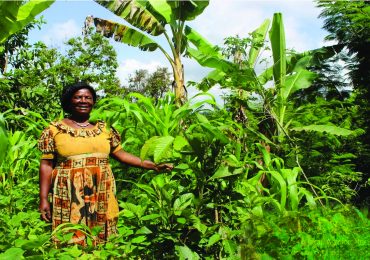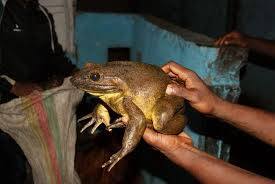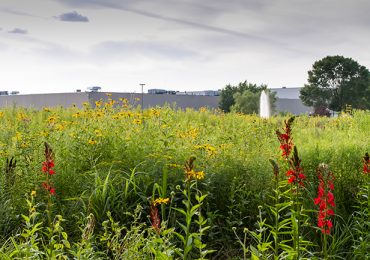Access to health services remains a major concern for local peoples in view of the high mortality rate due to difficulties accessing basic health care and the low rate of vaccination coverage. This inaccessibility to health care is accentuated by lack of hospitals or the long distances needed to be covered by communities to Deng Deng, which is the lone hospital around the first and second community forest to be created by the Environment and Rural Development foundation (ERuDeF), and the high cost of medications which are beyond the reach of these villagers.
Deng Deng has an Integrated Health Center which is functional with other blocks still under construction. The hospital has about 10 personnel with 1 medical doctor, 12 beds, a pharmacy and a maternity ward that is almost ready. This hospital serves all the other villages because there is no other village that has a hospital.
Better health is central to human happiness and well-being. It also makes an important contribution to economic progress, as healthy populations live longer, are more productive.
This has caused many of the indigenes to depend mostly on the forest where they harvest back of trees and plants, where they prefer to mix their herbs on their own and boil for the treatment of some illnesses such malaria and typhoid, or depend on traditional herbalist which they term it as being very effective more than modern medicines. They are reputed for their knowledge of traditional medicines, fetishes, and the making of charms.







